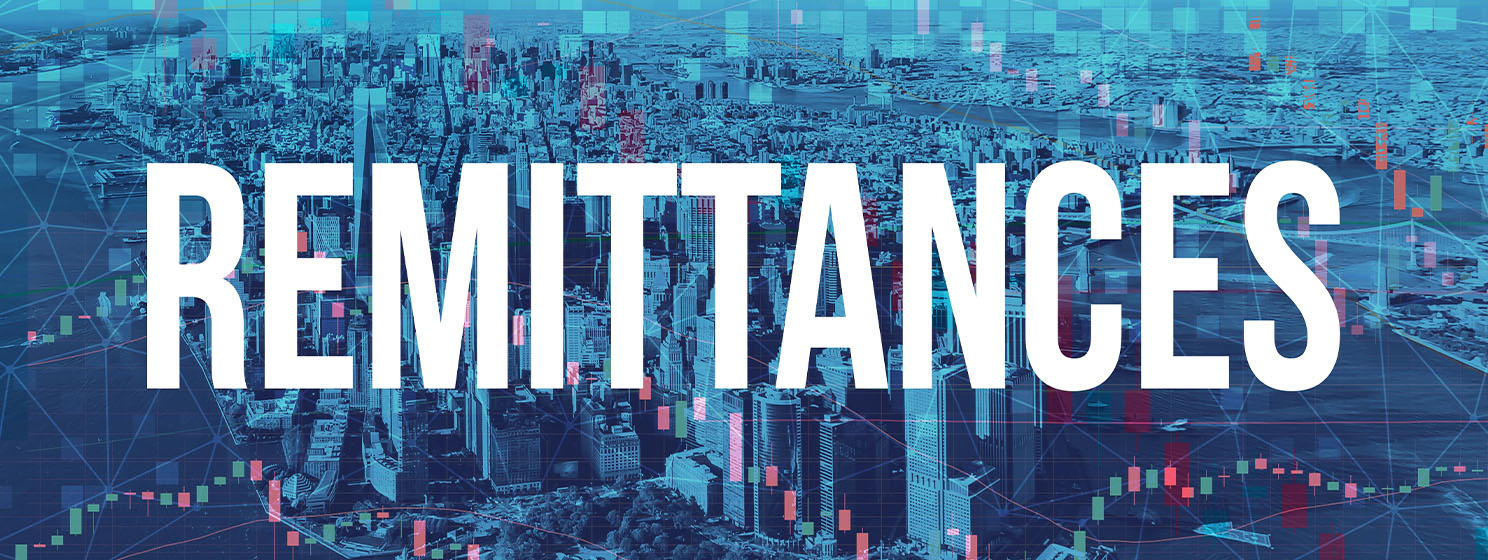|
Getting your Trinity Audio player ready...
|
Banco Industrial, Guatemala’s largest bank, has announced the integration of blockchain into its banking services to improve cross-border transactions for customers.
Banco Industrial is collaborating with digital asset service provider SukuPay to roll out the blockchain-based cross-border payment solution. SukuPay has been integrated into Banco Industrial’s mobile payment app, Zigi, to support international remittances.
Following the collaboration, Zigi users can send and receive funds across borders using digital asset payment rails without additional integrations. Banco Industrial and SukuPay executives say customers do not need an International Bank Account Number (IBAN) or a digital asset wallet to receive international payments.
However, users will be charged a $0.99 flat fee for international transactions, with SukuPay CEO Yonathan Lapchik confirming instant settlement for Zigi users.
Lapchik notes that the “invisible” integration of digital asset payment rails in the tradfi mobile app is the best route to onboard millions of users to Web3. He adds that eliminating technical barriers while offering the same perks of speed and low-cost settlements will enhance adoption metrics across the board.
“That’s the only way we’ll scale blockchain to billions of people – by building the rails, not by forcing people to learn how they work,” said Lapchik.
A key use case for the new cross-border offering will be for receiving international remittances, with Guatemala receiving up to $21 billion in remittances annually.
Banco Industrial’s size of operations and customer base is considered a game-changer for SukuPay. The bank has extended its reach toward the rest of Latin America, with operations dotted across Panama, El Salvador, and Honduras, giving it an edge in the regional remittance markets.
Latin America drives up Web3 adoption metrics
According to a Chainalysis report, Latin America is the second-fastest-growing region for Web3 adoption. The spiking interest in digital assets stems from a growing appetite for stablecoins to preserve wealth from inflation and cross-border payments.
Brazil and Argentina are the region’s leaders, with Web3 forming a key part of their financial digitization plans. Argentina’s capital city, Buenos Aires, is rolling out blockchain-based digital IDs for 3.6 million residents.
While Guatemala lags, the partnership between the country’s largest bank and SukuPay may jolt adoption metrics in the coming months.
WEF endorses a blockchain-based solution for digitizing trade documents
Meanwhile, the World Economic Forum (WEF) supports a novel solution to digitize trade documents using blockchain via a single platform.
According to a report, the WEF will team up with blockchain service provider Iota Foundation to roll out a non-profit to spearhead digital trade documents. The Twin Foundation will govern the Trade Worldwide Information Network (Twin), a network leaning on blockchain, allowing the transfer of data between supply chain participants.The Tony Blair Institute for Global Change and the Chartered Institute of Export and International Trade also support the Twin Foundation.
Twin Foundation will roll out minimum operating standards and industry best practices for exporters to exchange international trade documents. Under Twin, exporters can pivot from traditional paperwork exchanges to digital versions of documents, saving costs and processing times.
Parties can submit e-bills of lading and other trade documents, including commercial invoices, to other participants in the supply chain. While offering participants in the supply chain the perks of transparency, Twin allows users to select who they want to share documents with while specifying ownership rights.
However, Twin Foundation says it will attempt to onboard governments before extending the offering to enterprises and individuals. For starters, the Twin Foundation will bring Kenya and its customs and revenue agencies on board in what appears to be a pilot for the project.
The blockchain-based system will provide border officials with tamper-proof documents, allowing a global pivot from traditional “paper and stamps” that have characterized international trade, according to Jens Munch Lund-Nielsen, head of global trade and supply chains at the Iota Foundation and an advisor to the WEF.
WEF champions emerging technologies to improve global economies
The WEF is leading the vanguard for blockchain applications across key sectors of the global economy. The Forum has highlighted the transformative potential of tokenization in global finance and investment while eyeing blockchain’s benefits in the pivot to green energy.
The WEF has open discussions on the possibilities of blockchain-based digital IDs, making a case for an international framework. However, the organization is playing it safe by backing central bank digital currencies (CBDCs) over stablecoins.
Watch | Centi: Bridging digital money and traditional banking

 02-15-2026
02-15-2026 




